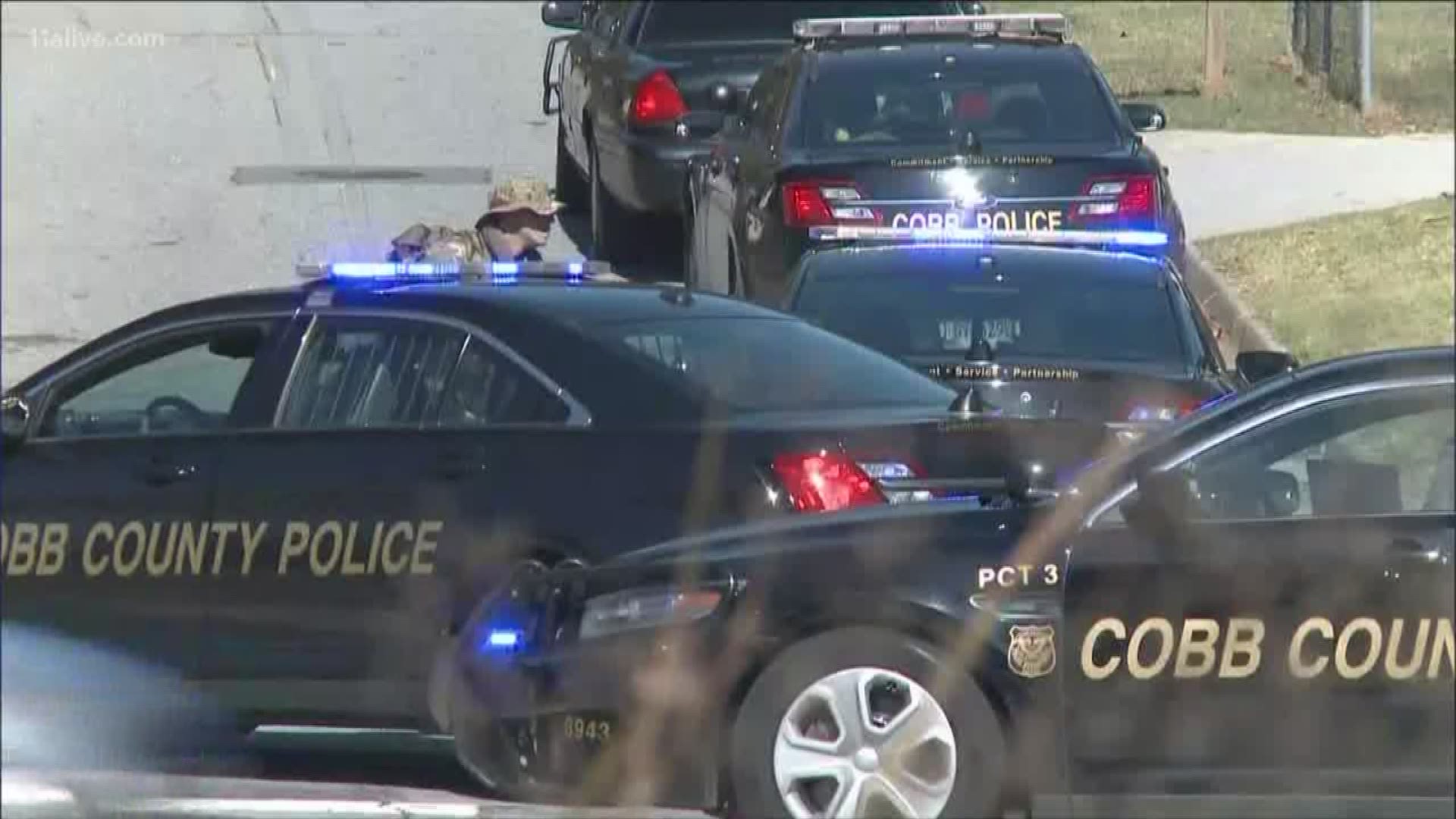In many areas across the nation, the 'help wanted' sign is being posted for new law enforcement officers. More than 900,000 people across the nation are law enforcement officers, and they know the significance of the hazards involved in the occupation.
With that in mind, the personal finance website WalletHub has taken a closer look at the best and worst places to be a police officer across the nation in a new nationwide survey.
The survey compared 27 key factors including median income, police deaths per 1,000 officers in each state and the District of Columbia as well as local police-protection expenses per capita.
According to data from the National Law Enforcement Officers Memorial Fund and the FBI's annual Law Enforcement Officers Killed & Assaulted report and Uniform Crime Report, over the past ten years, more than 1,500 police officers -- including 158 in 2018 -- died in the line of duty. Thousands of others have been assaulted and injured.
As a result, the survey revealed that law enforcement agencies have to ensure that the incentives they offer are enough to attract and retain personnel. For the purposes of the survey, the term "law enforcement officers" includes police officers, sheriff's patrol officers, detectives and criminal investigators.
This includes a national mean annual wage of $63,380, cited by the Federal Bureau of Labor Statistics. In most cases, officers receive a benefits package that is very generous and can include retirement contributions, tuition assistance, take-home vehicles, access to health and fitness facilities and other resources, according to the International Association of Chiefs of Police. Full retirement benefits may be made available at a younger age than the national average as a result of the level of stress and danger involved in the profession, as well.
The survey takes into account job-related resources that include police body-worn cameras, which are not mandated in all municipalities across the country. It also takes into account communities where officers carry opioid reversal medications, such as Narcan or naloxone.
In addition, the survey looks at other issues that contribute to the overall public quality of life, such as road safety and pursuit-related fatalities. Persons killed by law enforcement personnel and 911 calls delivered to local and regional answering points were also considered.
Among the 50 states and the District of Columbia, Georgia ranks at number 44, placing them near the bottom of the list. The District of Columbia has the most police and sheriff's patrol officers per 100,000 residents, with 810.54 -- 6.1 times more than Oregon, which has the least at 133.91.
The survey lists the highest median annual wage for law enforcement officers -- adjusted for cost of living -- is in Illinois at $76,264. Mississippi has the lowest annual median salary, at $40,719.
The 10 best states for police officers (ranking 1-10):
- New York
- Maryland
- California
- New Hampshire
- Indiana
- North Dakota
- Minnesota
- Massachusetts
- New Jersey
- Connecticut
Conversely, the bottom of the list (ranking at 42-51):
- Alaska
- Oklahoma
- Georgia
- Tennessee
- South Carolina
- Arizona
- New Mexico
- Kentucky
- Arkansas
- Louisiana
To view the full report and each state's rank, please click here.
MORE |

